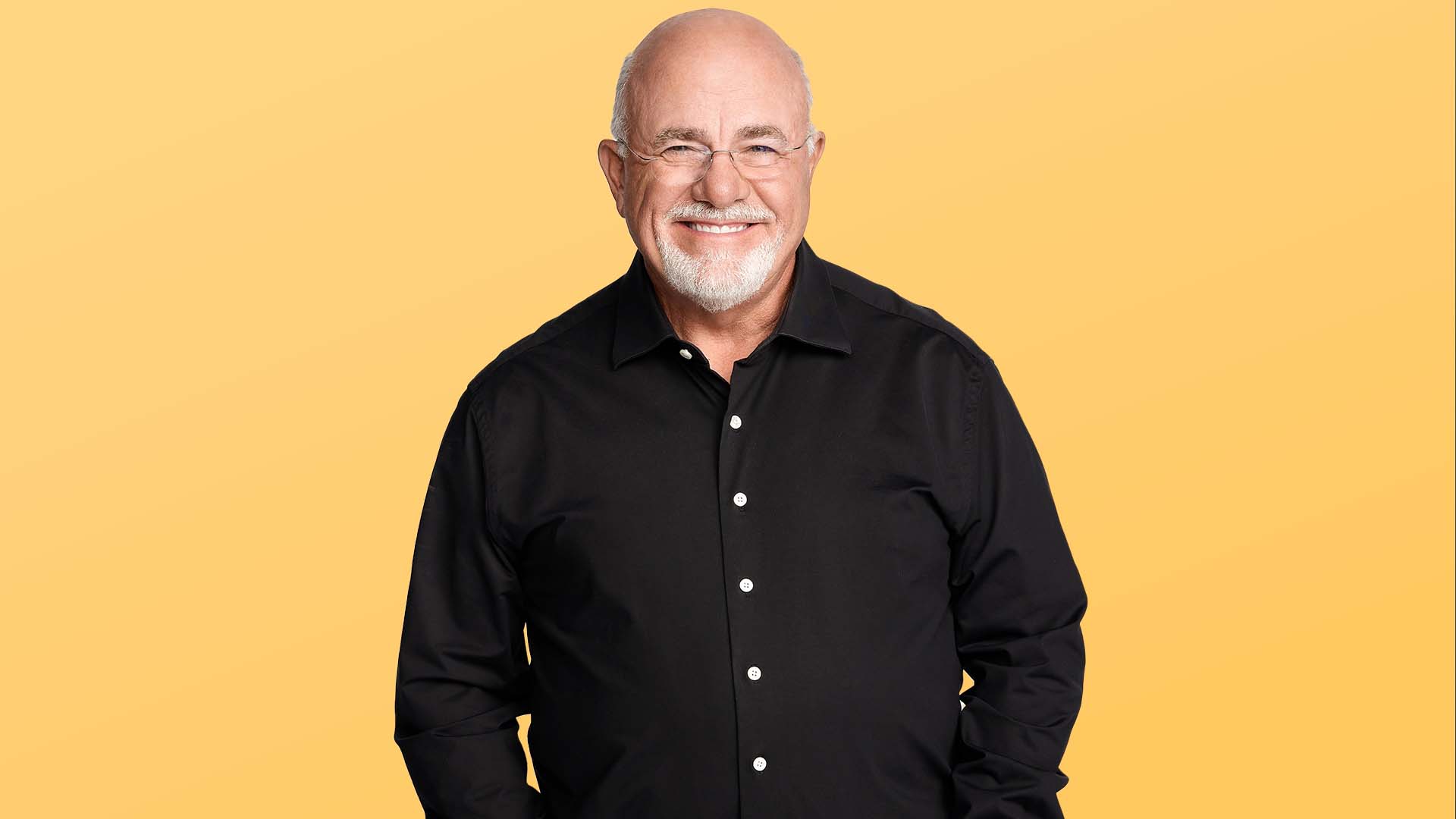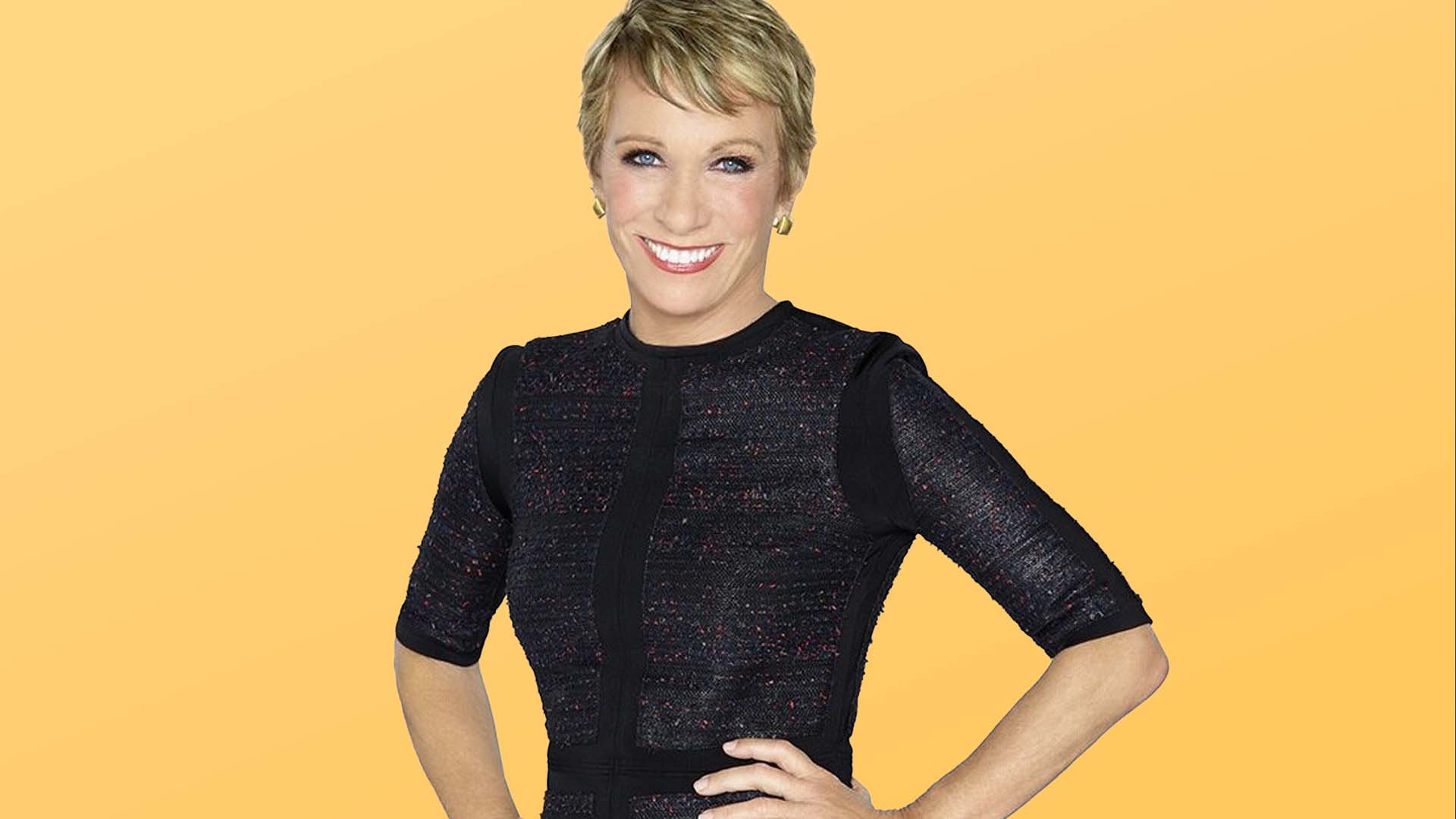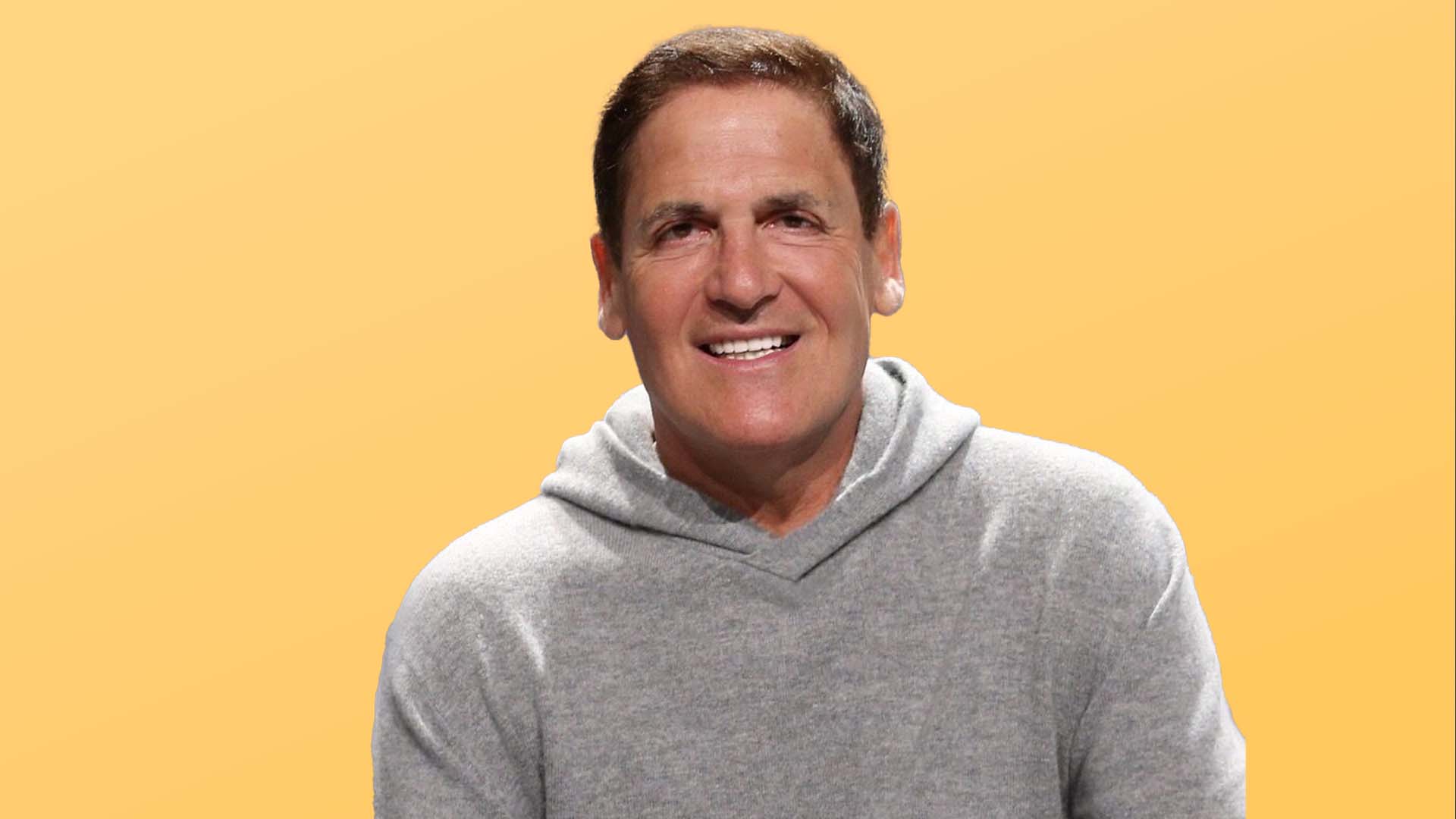Suze Orman: You Can’t Afford To Make These 4 Money Mistakes

Commitment to Our Readers
GOBankingRates' editorial team is committed to bringing you unbiased reviews and information. We use data-driven methodologies to evaluate financial products and services - our reviews and ratings are not influenced by advertisers. You can read more about our editorial guidelines and our products and services review methodology.

20 Years
Helping You Live Richer

Reviewed
by Experts

Trusted by
Millions of Readers
Your financial success often boils down to the brass tacks of your money management style. How do your habits define you when it comes to spending, saving, investing and retirement planning?
Money expert Suze Orman knows about the common pitfalls that can jeopardize the stability of your personal finances. Her insights delve into the core principles of financial education and empowerment, emphasizing the vital role of understanding and managing debt, credit card balances and spending habits.
Orman’s guidance is aimed at steering individuals away from financial missteps and toward a path of financial freedom. According to her, here are four money mistakes you can’t afford to make — and they’re too costly to ignore.
Accumulating and Mismanaging Debt
Debt accumulation and mismanagement are significant money mistakes you really can’t afford to make, especially more than once. Debt binds you and obstructs your path to financial security. Orman stresses the importance of understanding your debt and striving to eliminate it as quickly as you can.
Credit card debt is a primary example and clear indicator of financial trouble. If you can’t pay off your monthly balance in full, you’re already facing a financial challenge, especially if that debt comes with high interest rates. According to Orman, credit card debt signifies a deeper issue of feeling less and spending more to compensate.
“You’re already in trouble if you get a credit card bill at the end of the month and you cannot afford to pay that off in full,” she said during an episode of her show. “You have got to make it your number one goal to get out and stay out of credit card debt.”
Closing Credit Cards Prematurely
Another common error is closing credit cards after paying them off, especially those without annual fees. This impacts your credit score, which is vital for determining interest rates and financial opportunities in the future. Maintaining a good FICO score and a healthy credit report requires understanding the debt-to-credit limit ratio and managing your credit cards wisely.
“You want a FICO score of about 720 or above,” said Orman. “About 30% to 35% of that FICO score is made up of something called your debt-to-credit-limit ratio, the credit limit that you have on all these credit cards. Your goal is to never have more than a 30% debt-to-credit limit ratio because the higher the credit limit ratio, the lower your FICO score.”
Misunderstanding your credit score can also be a costly mistake. These scores, ranging from 300 to 850, play a critical role in your financial health. The bottom line with your credit history is that before you can start saving money or investing in your retirement accounts, you often need to get back to basics and improve your credit.
Ignoring Student Loan Debt
Go to school, they said. You’ll get a better-paying job, they said. Well, the last few years have been a rollercoaster financially for the highly educated. The confusing political agendas with student loan repayment options haven’t helped clear up just how to navigate this potential high-interest debt spiral.
Student loans can also be particularly dangerous for your credit score. Orman warns against accumulating more student loan debt than you can manage and advises focusing on repayment strategies that don’t significantly add to the loan’s backend.
This also speaks to not overborrowing in general. Borrowing more than you can afford for education, especially for prestigious schools, can be a grave mistake. Orman suggests considering more affordable education options like community colleges and emphasizes that your success depends on you, not the school you attend.
Not Understanding Loans
Co-signing loans, particularly for friends or loved ones, can be financially perilous, and you may not fully understand just how devastating it can be to your finances. If the primary borrower defaults, it can severely damage your credit score and financial stability. Orman advises against co-signing unless you are prepared to manage the payments directly.
No matter the type of loan, you’re on the hook for it, even if you trust that person. If they miss a car payment or overextend their credit card spending, unfortunately, so do you. This can be a detriment to your short-term goals, like building an emergency fund, or long-term goals like saving for retirement.
Orman highlights the importance of understanding and managing various types of loans, including car loans and real estate loans. Keeping debt under control is the key to gaining financial power and security.
 Written by
Written by  Edited by
Edited by 










































































































